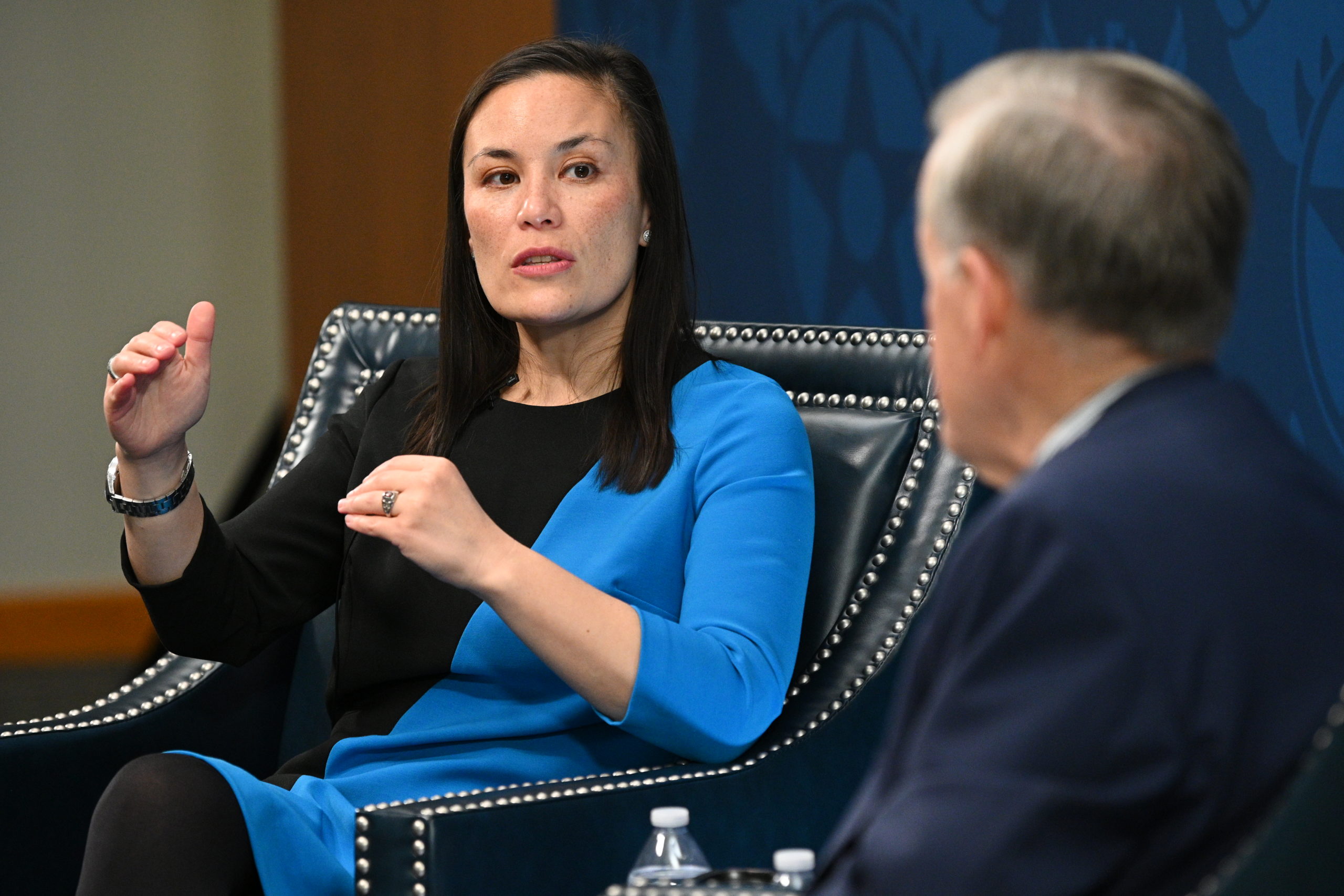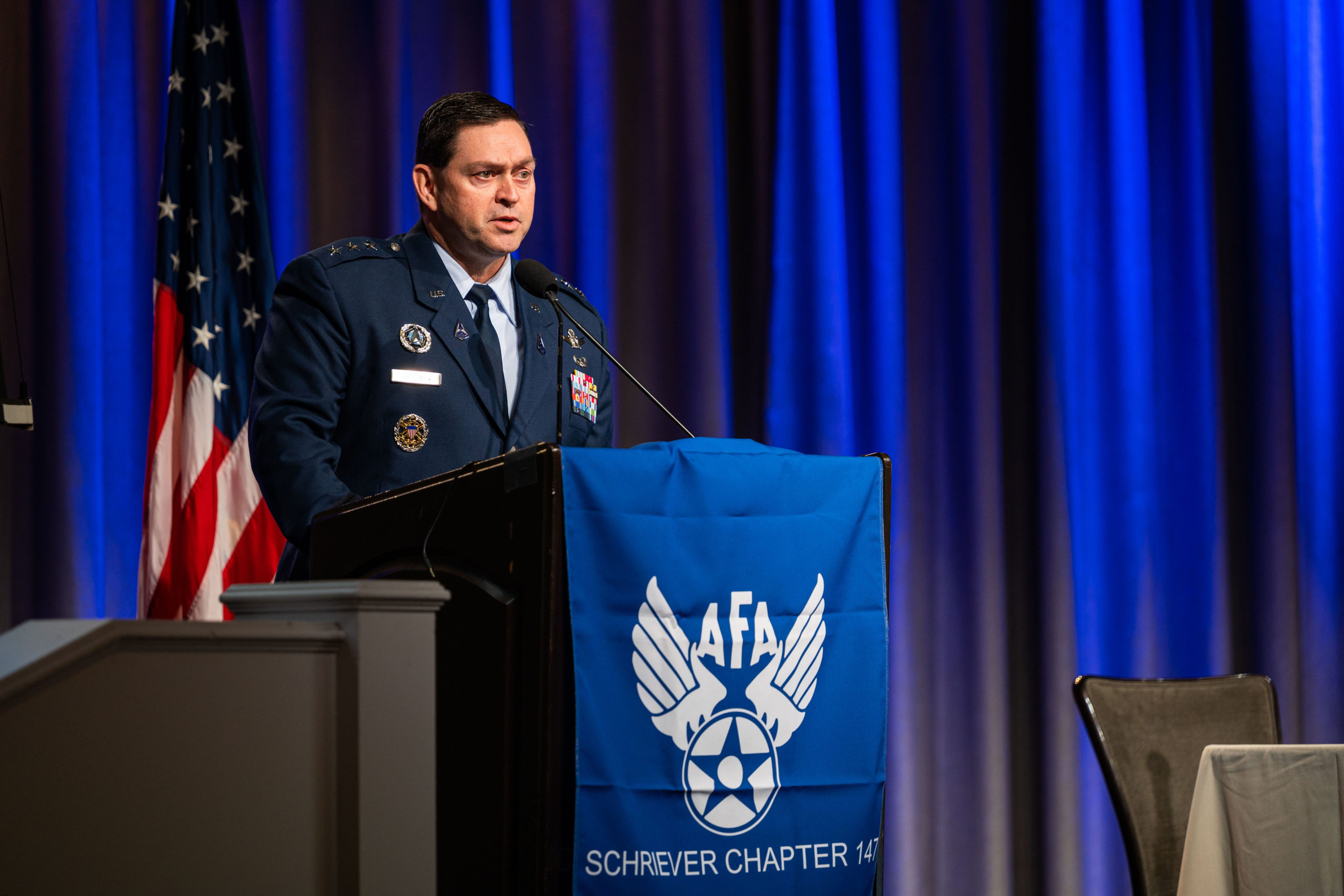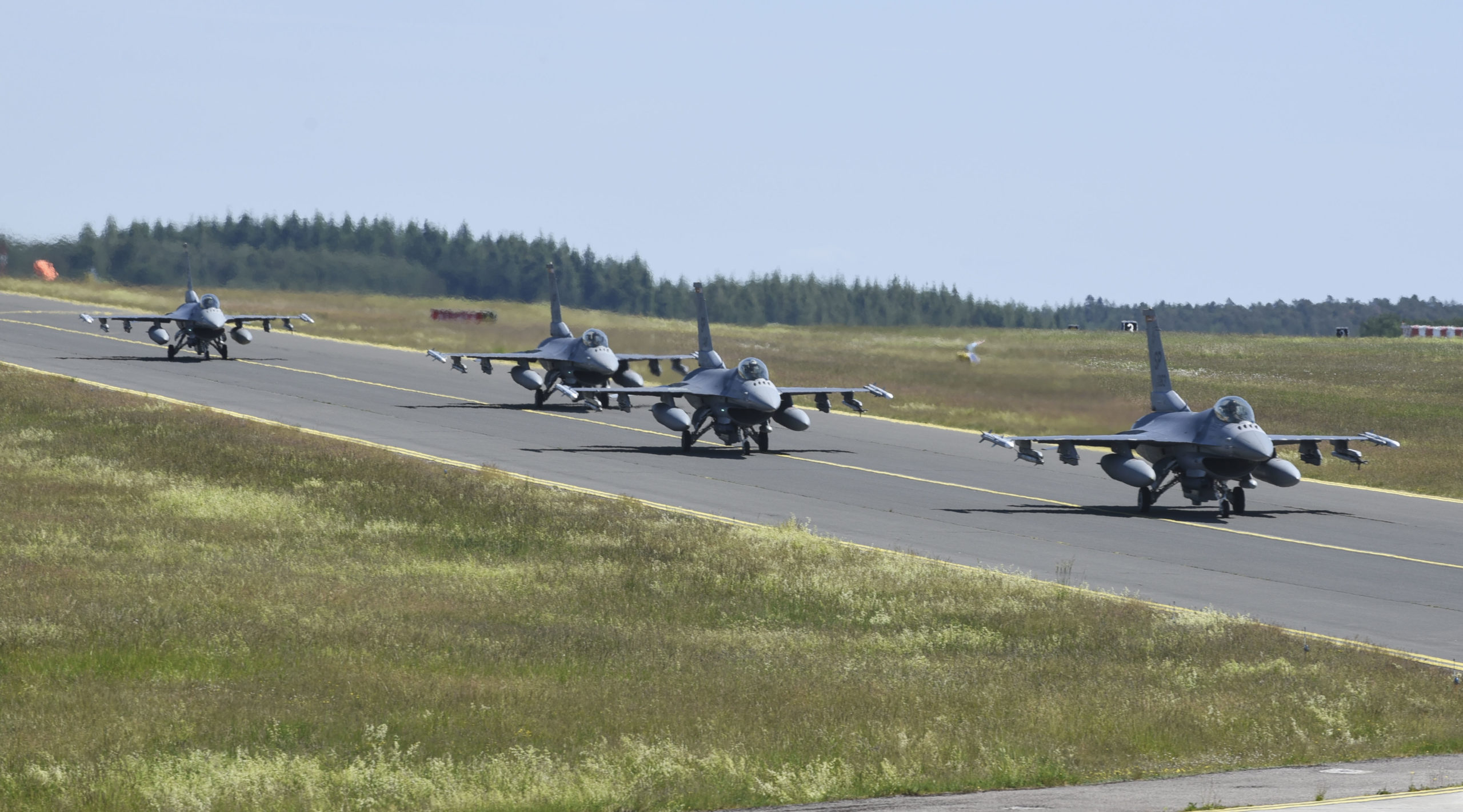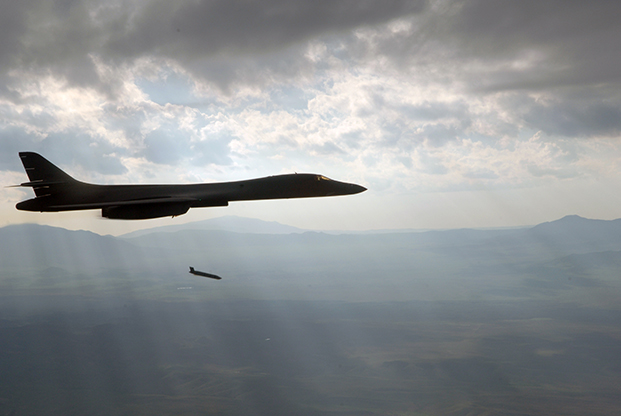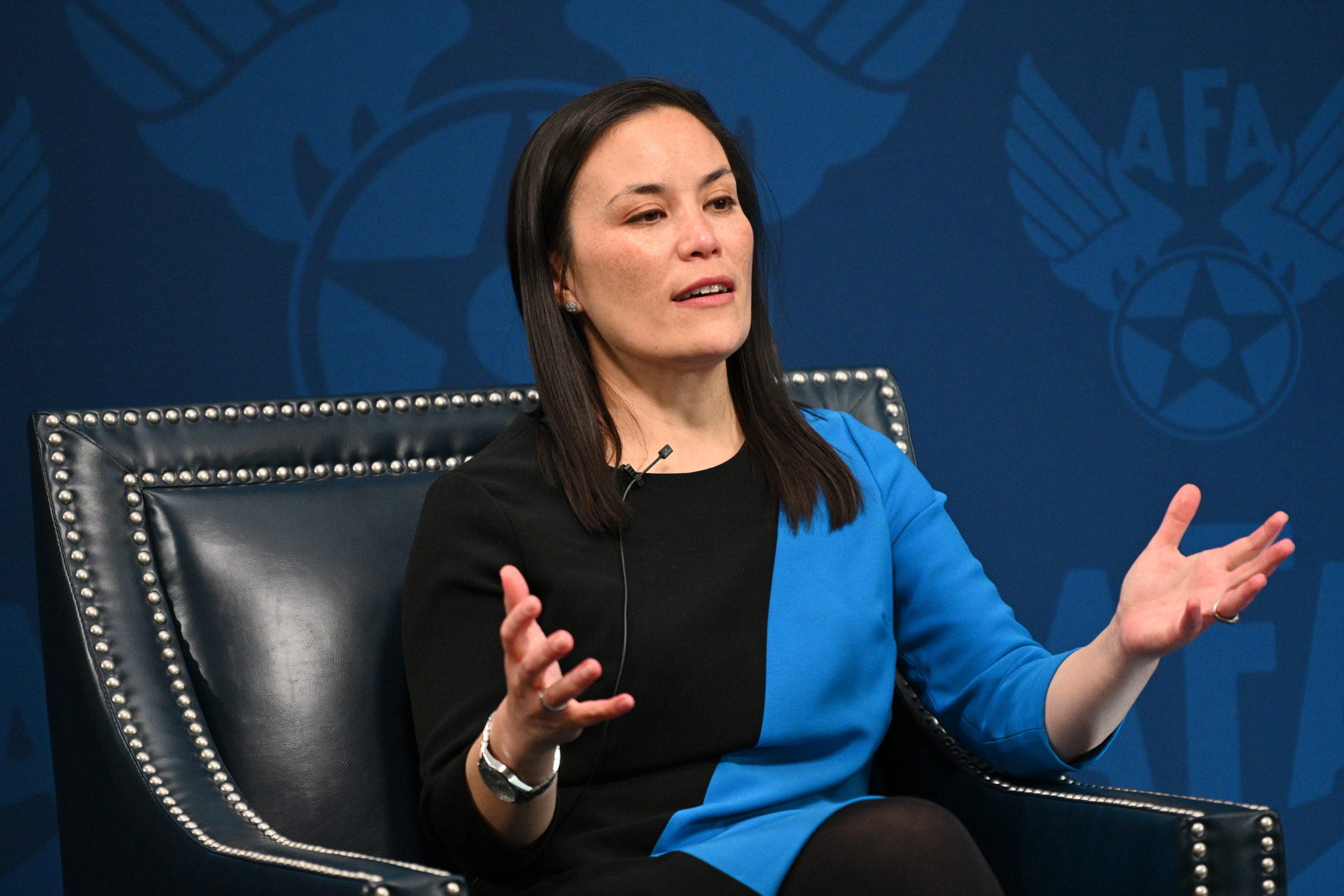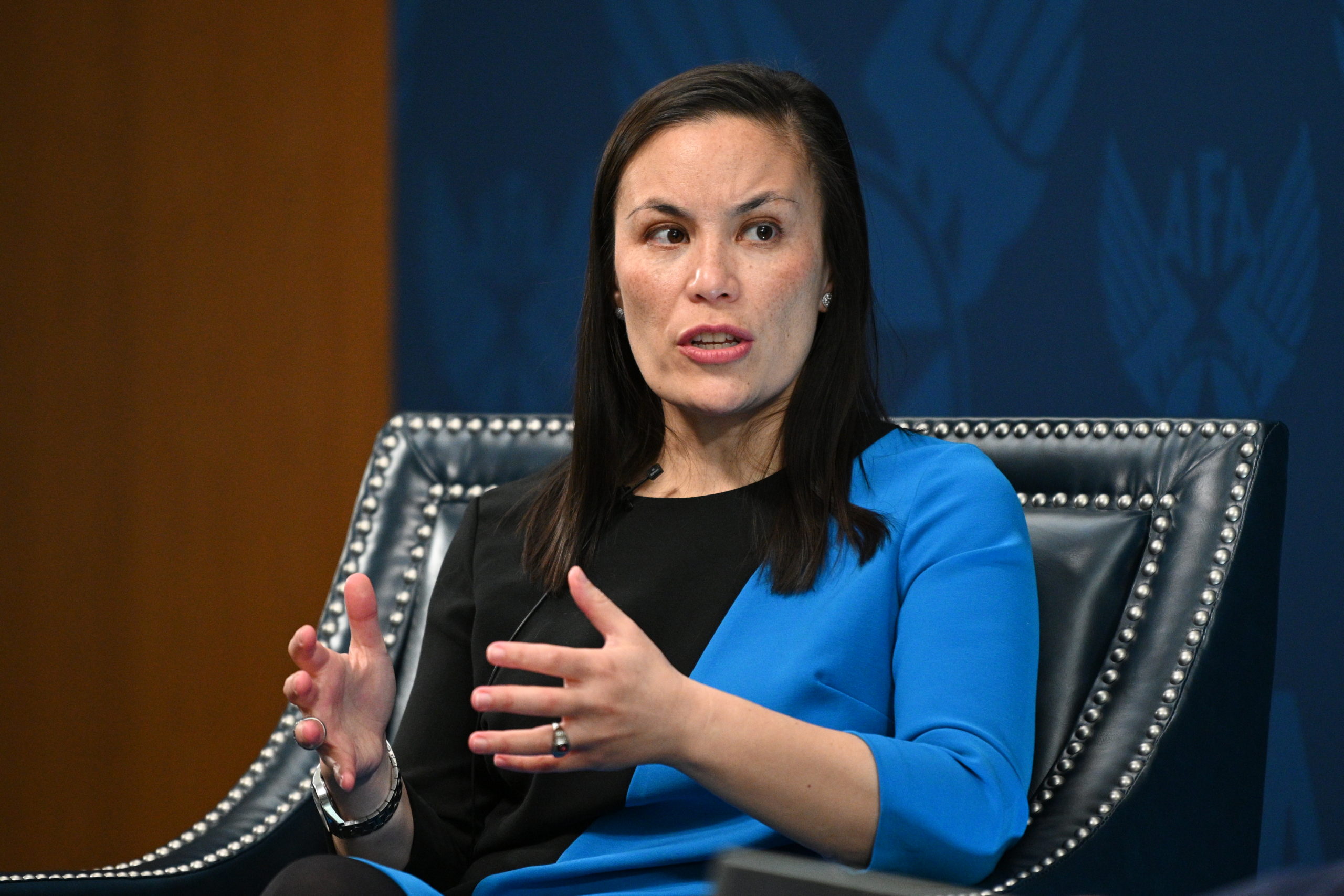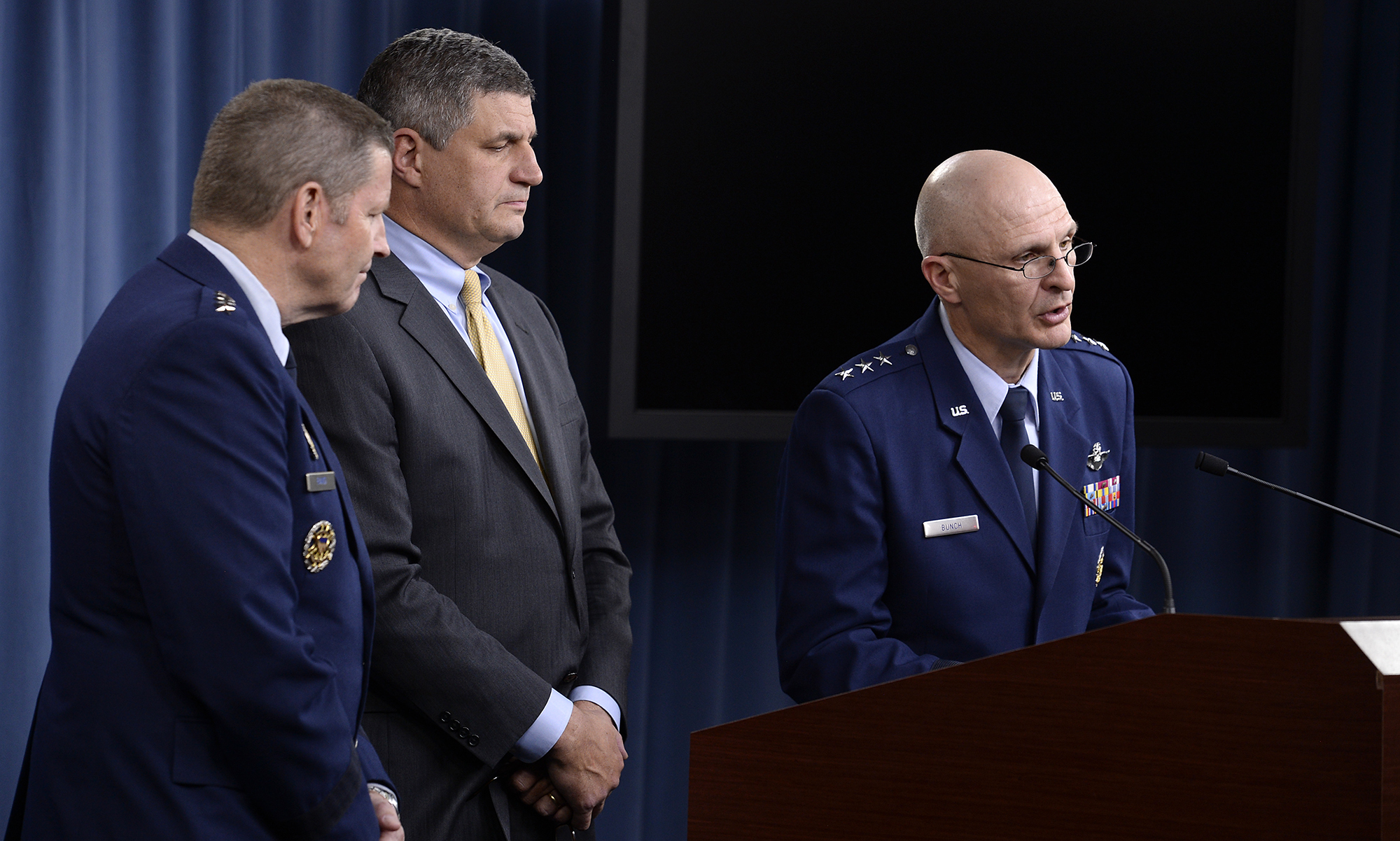The Air Force isn’t giving up on its long-frustrated efforts to retire older aircraft, as its department’s leader continues to talk with lawmakers about plans to free up funds for modernization, Undersecretary of the Air Force Gina Ortiz Jones said Nov. 30.
Over the past several years, the Air Force has detailed plans to retire airframes such as the A-10, KC-135, and RQ-4, only for Congress to block them. But Jones, speaking during an Air Force Association Air and Space Warfighters in Action symposium, said the urgency of the situation has grown due to the U.S.’s growing competition with and focus on China.
The Air Force needs modern platforms that are more relevant to a conflict with a near-peer adversary, but in order to get them, some older, single-mission ones need to be let go, Air Force Secretary Frank Kendall said at AFA’s Air, Space & Cyber Conference in September. Such moves will mean accepting “near-term risk,” Jones acknowledged Nov. 30.
But members of Congress often cite these near-term risks as reasons for blocking aircraft retirements. Kendall said back in September that he had spoken with Senate Armed Services Committee chair Jack Reed (D-R.I.) about using an all-or-nothing package similar to what has been done with base closures to reduce political pressure. And Jones said Kendall had been back on Capitol Hill frequently to highlight the longer-term risks the Air Force faces if its modernization efforts are continually blocked.
“It’s really important that we take those and make those hard decisions now,” she said. “That relies on the American people understanding where we are, and Secretary Kendall has also spent quite a bit of time on the Hill as of late … It really is meant to level set on how the Department of the Air Force understands the threats that we face and the real strategic muscle movements that need to be made so we’re best postured.”
Kendall’s focus on long-term challenges posed by China is nothing new. In his Senate confirmation hearing, he said Chinese modernization was his primary motivation for returning to government service, and at the AFA conference, he recounted telling a senator shortly after he was sworn in that his top three priorities are “China, China, and China.”
But as Kendall and Jones lead the effort to modernize and counter China, they’re not just looking to slash anything over a certain age, Jones said in response to a question about how she defined “legacy” systems.
“The conversation is less about what is or isn’t legacy, but more around what will or will not make sure that we are as successful as we can be in a high-end fight,” Jones said. “And so if it’s not survivable, if it’s not relevant, and it’s going to be hard to sustain, then how might we ensure that we are making the investments in the capabilities that give us the best chance?”
That dovetails with Kendall’s previous comments about focusing more on capabilities and less on experiments and prototypes that don’t end up producing anything. Jones said the Secretary’s stated focus is on “meaningful operational capability.”
“A key component of that is capacity,” Jones added. “It’s not just a … few ‘Gee, whiz’ things, but no kidding, do we have the mass, do we have the capacity to ensure that this is going to have an actual effect?”
